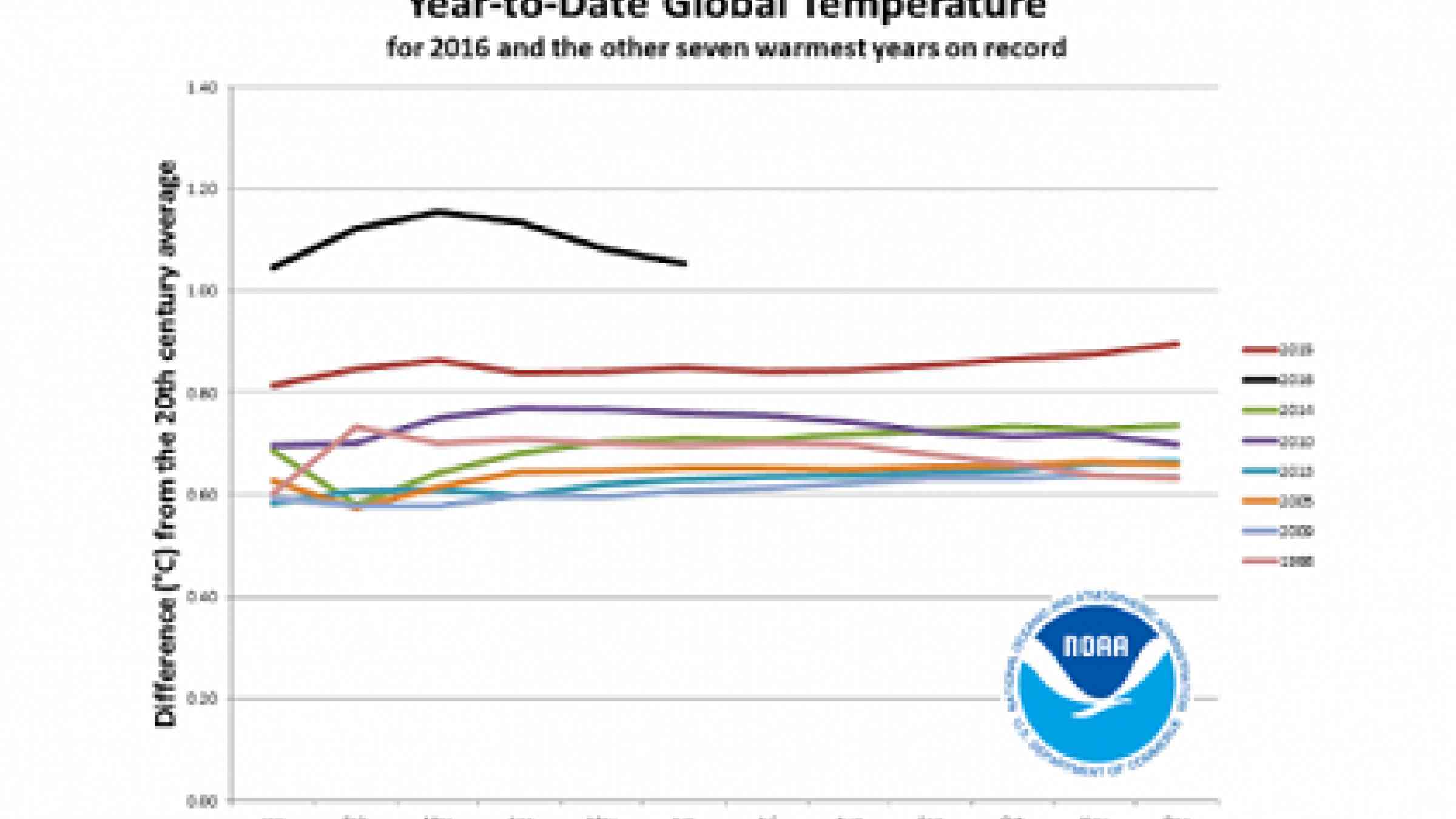Heatwave deaths could rise as climate change pushes up temperatures

27 July 2017, GENEVA – The UN Office for Disaster Risk Reduction (UNISDR) today warned of a possible rise in heatwave deaths as climate change drives record warmth around the world, epitomised by the 54ºC recorded in Kuwait last week.
Mr. Robert Glasser, the UN Secretary-General’s Special Representative for Disaster Risk Reduction, said: “Millions of people around the world should be receiving heat-related warnings and advisories if we are to avoid a repeat of the thousands of deaths which occurred last year from heatwaves notably in Asia and Europe. Climate change is amplifying the impact of many extreme weather events including heatwaves.
“Disaster risk management needs to step up the focus on extreme heat if we are to reduce mortality from this particular natural hazard in a year which is on its way to becoming the hottest year on record. Hot days, hot nights and heatwaves are becoming more frequent. “More effort is required to ensure that the poor and vulnerable including refugees, children, older persons and persons living with disabilities are reached with early warnings and that practical measures are taken to ensure they have access to water and adequate shelter and protection from the heat and the sun.”
The first six months of the year have been the hottest on record with record warmth across large parts of the Americas, Africa, Asia and the Pacific. During the period 2005 to 2014 an average of 25 major heatwaves were recorded each year resulting in an annual average death toll of 7,232. In 2015, the hottest year on record, there were 3,275 reported deaths from heatwaves in France, 2,248 in India, and 1,229 in Pakistan.
The theme of this year’s International Day for Disaster Reduction on October 13 is reducing mortality.